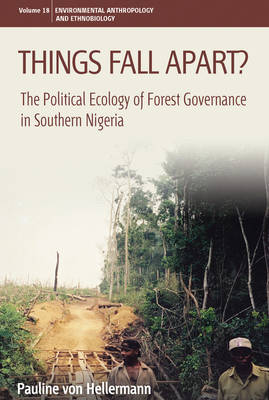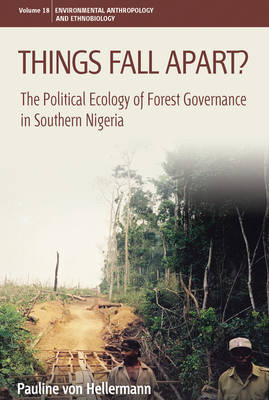
- Retrait gratuit dans votre magasin Club
- 7.000.000 titres dans notre catalogue
- Payer en toute sécurité
- Toujours un magasin près de chez vous
- Retrait gratuit dans votre magasin Club
- 7.000.0000 titres dans notre catalogue
- Payer en toute sécurité
- Toujours un magasin près de chez vous
Things Fall Apart?
The Political Ecology of Forest Governance in Southern Nigeria
Pauline Von HellermannDescription
Governance failure and corruption are increasingly identified as key causes of tropical deforestation. In Nigeria's Edo State, once the showcase of scientific forestry in West Africa, large-scale forest conversion and the virtual depletion of timber stocks are invariably attributed to recent failures in forest management, and are seen as yet another instance of how "things fall apart" in Nigeria. Through an in-depth historical and ethnographic study of forestry in Edo State, this book challenges this routine linking of political and ecological crisis narratives. It shows that the roots of many of today's problems lie in scientific forest management itself, rather than its recent abandonment, and moreover that many "illegal" local practices improve rather than reduce biodiversity and forest cover. The book therefore challenges preconceptions about contemporary Nigeria and highlights the need to reevaluate current understandings of what constitutes "good governance" in tropical forestry.
Spécifications
Parties prenantes
- Auteur(s) :
- Editeur:
Contenu
- Nombre de pages :
- 206
- Langue:
- Anglais
- Collection :
- Tome:
- n° 18
Caractéristiques
- EAN:
- 9780857459893
- Date de parution :
- 01-09-13
- Format:
- Livre relié
- Format numérique:
- Genaaid
- Dimensions :
- 152 mm x 229 mm
- Poids :
- 444 g

Les avis
Nous publions uniquement les avis qui respectent les conditions requises. Consultez nos conditions pour les avis.






